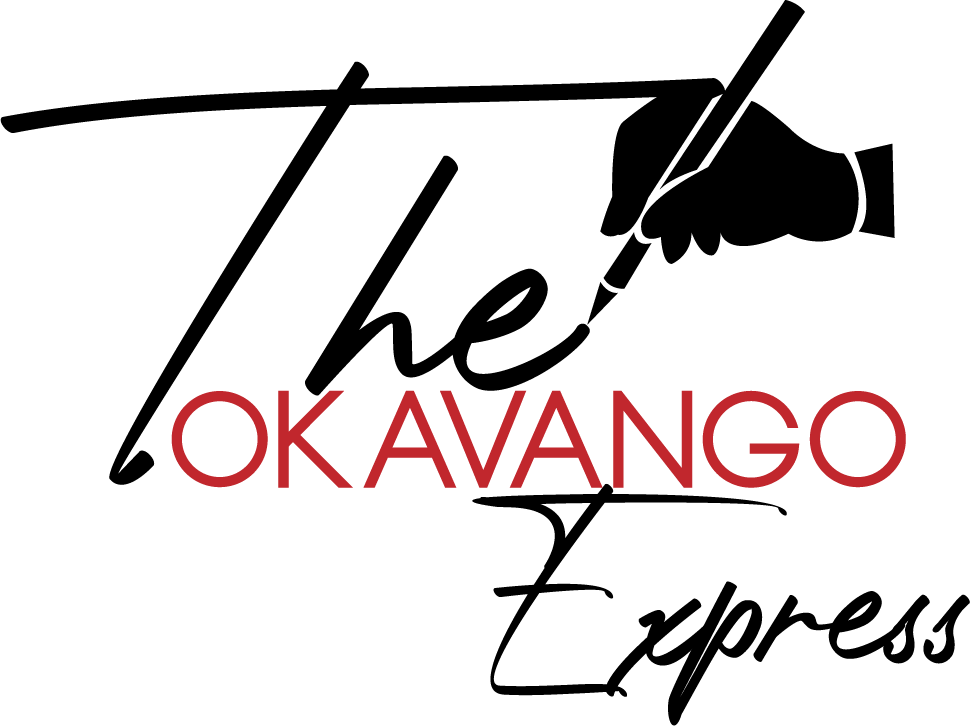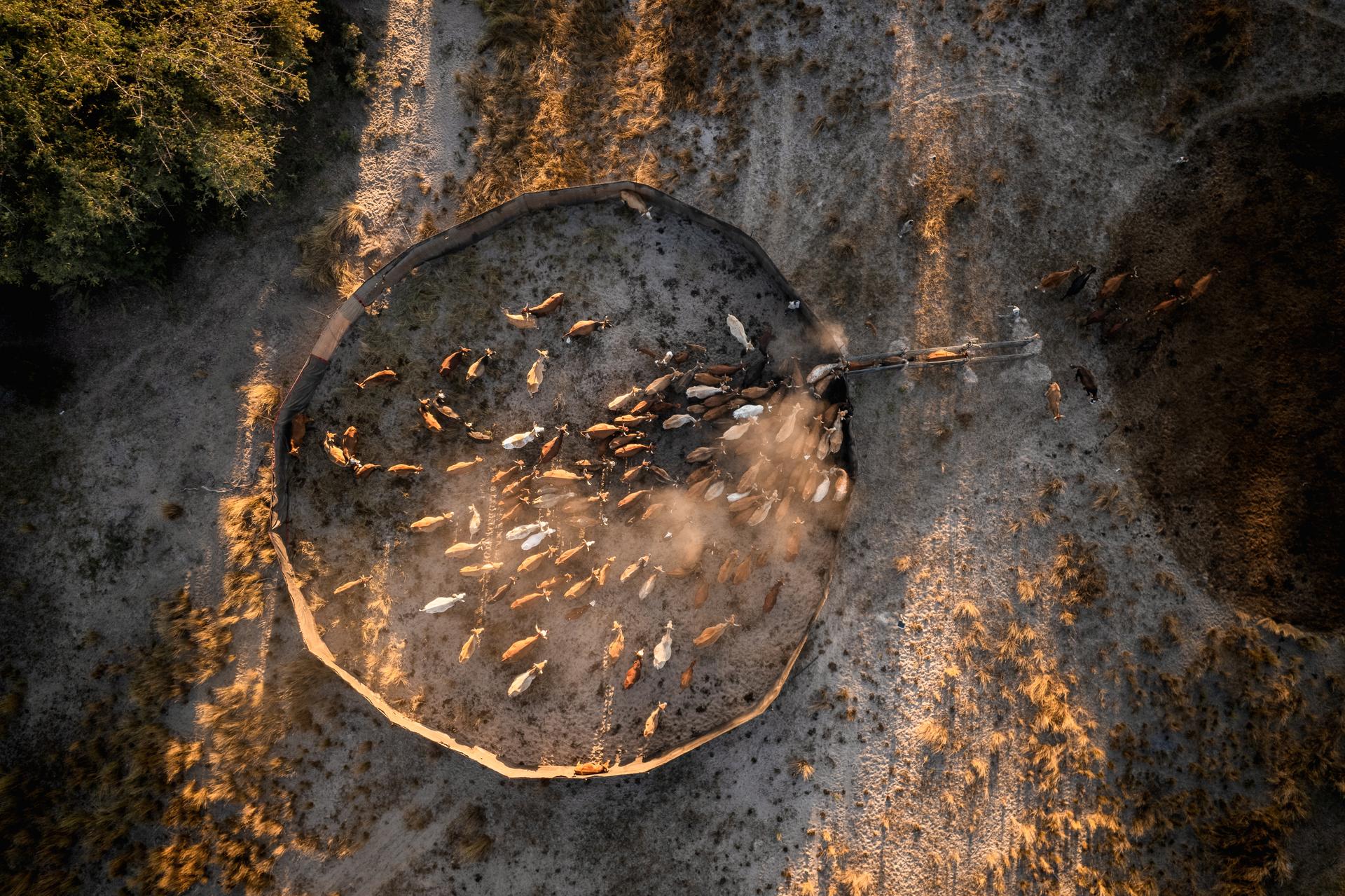13 November 2024 – Founded in Botswana over 40 years ago, Wilderness harnesses its hospitality business to drive transformative, lasting change, guided by its Impact pillars – Educate, Empower, and Protect. In addition to training and skills development, job creation and numerous conservation and community empowerment efforts in the region, Wilderness remains committed to growing its positive impact on the national economy through conservation tourism.
“Our rich and enduring legacy in Botswana has yielded significant benefits for both the country and its tourism industry. Central to this success are our people, whose dedication is evident in their efforts to not only highlight Botswana’s outstanding wildlife tourism offerings, but also to take pride in stewarding their own natural landscapes”, noted Wesley Hartmann, Wilderness Botswana Conservation Manager.
Okavango Wilderness Safaris employs more than 1,100 people, of whom 96% are citizens. Over the past decade, Wilderness has paid more than BWP1 billion in wages, stimulating local economies, particularly in the Ngamiland and Chobe districts. This has also generated significant payroll tax revenue, with BWP12 million collected in the 2023 fiscal year and BWP92 million over ten years, plus an additional BWP5.7 million in training levies. Additionally, Wilderness has invested in staff development, with 1,434 employees trained in accredited BQA in-house courses from 2017 to 2022; these programmes align with the national qualification framework, while developing both technical skills and leadership potential.
Wilderness also supports community development through annual payments of nearly BWP8 million for the use of local concessions, adding up to BWP63 million over the last decade. In addition to its business and employment impact, Wilderness has made significant philanthropic contributions. During the Covid pandemic, Wilderness distributed over 9,000 food parcels to local communities, equating to nearly 350 tonnes, which effectively reached around 37,000 people in northern Botswana.
The company’s educational impact is demonstrated through its flagship Children in the Wilderness (CITW) programme, which aims to ensure conservation through education and leadership development. Since inception, CITW has hosted 2,100 children on their annual eco-camps at Wilderness and partner property lodges, and continues to empower nearly 2,700 children via its Eco-Clubs. Furthering its commitment to education, two new classrooms have been constructed in Eretsha Primary School, and the premises have been fenced as part of a BWP1.9 million project, ensuring a safer and more conducive learning environment. These efforts demonstrate an ongoing dedication to fostering educational development and creating lasting benefits for local communities.
Wilderness’ conservation efforts are integral to its mission, with its Protect pillar emphasising that the quality of its tourism products and the sustainability of its business relies on the health of the habitats and wildlife they depend on. To enhance and safeguard these resources, the primary conservation contribution from Wilderness comes through payments to community and government landlords for land and wildlife concessions. Over the past decade, these payments total BWP269 million, with BWP38.5 million paid in FY23 alone.
“Beyond our financial contributions, we collaborate closely with core partners to support local projects that align with our focus areas and impact pillars. Together with Ecoexist, the Ministry of Agriculture and Food Security, and the Okavango Community Trust, we assist small-scale farmers in the Okavango Panhandle through our millet farming initiative, which protects crops from elephants and connects farmers to premium markets, enhancing local livelihoods. Our efforts range from farming initiatives to fundraising for CLAWS (Communities Living Among Wildlife Sustainably) Conservancy, helping maintain their Lion Response Teams, which play a vital role in local villages by alerting communities when a lion crosses a geofence and poses a threat. Additionally, we support Diyoveya Honey, a local enterprise that utilises the hives we donated to harvest and produce honey, which we buy back for our lodges – ensuring our guests enjoy a taste of the region while supporting our broader vision”, added Wesley.
Since 2012, Wilderness has implemented Group Environmental Management Systems (GEMS) to minimise environmental impacts from operations and to guide the development, operation, and decommissioning of camps. Camp management, staff, and contractors use GEMS as a standard, with bi-annual evaluations. Wilderness has set a five-year goal of 80% compliance, which was achieved, and now aims for 85% compliance, while currently at 81%.
Wilderness has also placed a strong focus on energy efficiency and carbon reduction. Over the past decade, substantial investments in solar power have led to 53% of their camps (nine in total) being fully solar-powered, with another six camps (35%) using hybrid battery systems, and just two camps now on the national grid.
Additionally, the company has reduced bottled water usage across its operations by 97%, thanks to reverse osmosis filters installed at all camps and efforts to discourage guests from using bottled water.
A recent highlight of the company’s sustainability efforts is the handover of six boreholes, a BWP1.2 million project designed to mitigate human-wildlife conflict. These boreholes provide water sources for farmers, reducing commute times and boosting agricultural productivity, made possible through collaboration with government entities, NGOs, and the contributions of Wilderness guests.
“We also compile annual Impact Reports, which detail all of our impact measures in place. This is crucial for maintaining accountability and transparency in our essential conservation work and regional goals. By translating our efforts into tangible results, we enable our team and valued guests to clearly see their role in the broader vision, reinforcing our collective impact and commitment”, concluded Wes.

